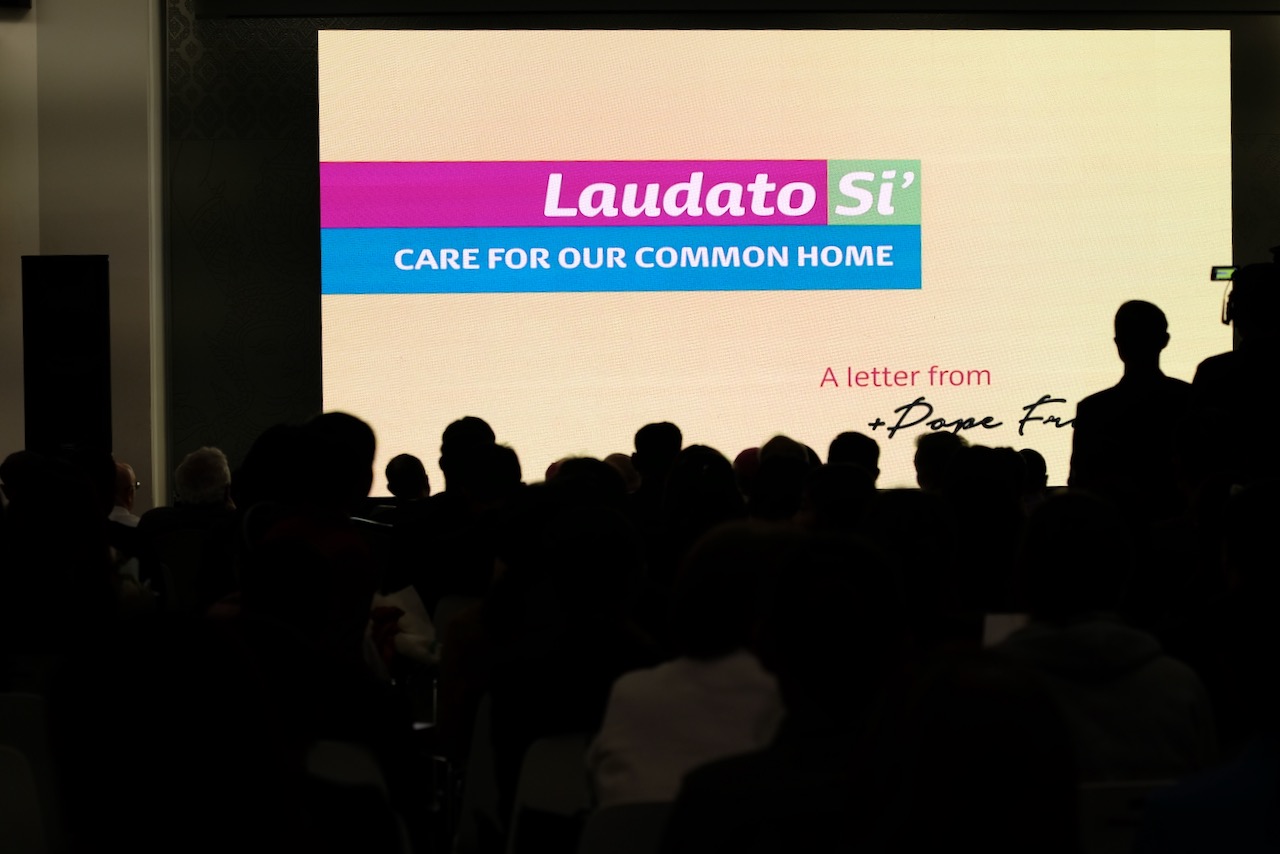At a time when the climate crisis grows more urgent by the day, effective communication has never been more critical. But scientific data alone rarely moves hearts. What does, especially in much of Asia, is faith.
In many communities across the region—and indeed around the world—religious beliefs continue to shape how people interpret reality, make choices, and respond to crises.
Environmental journalism that acknowledges this reality does more than report facts; it helps forge the moral and cultural narratives necessary to spur collective action.
As a journalist reporting on both religion and the environment, I have seen how stories that link science with spirituality often resonate more deeply than those relying on data alone.
The intersection of faith and climate communication is not a niche concern—it is central to building climate awareness in societies where spiritual frameworks remain primary sources of meaning.
Science speaks, but faith translates
Scientific reports warn of rising sea levels, emissions thresholds, and ecological tipping points. But for many, these concepts remain abstract until they are framed in terms of moral responsibility.
Religious language—terms like “stewardship,” “justice,” “sin,” or “creation care”—helps people make sense of scientific realities in ways that are personally and culturally meaningful.
In this context, Pope Francis’ Laudato Si’ and Laudate Deum have become key references, especially among Catholic communities.
These documents offer a theological vocabulary that grounds climate advocacy in spiritual responsibility. The encyclicals do not diminish science—they build on it—while providing a moral imperative to act.
Similarly, Buddhist teachings on interdependence, Islamic principles of moderation and care for creation, and Indigenous worldviews that regard land as sacred all contribute to a richer, more grounded climate narrative. These traditions provide not only metaphors but motivation.
Religious institutions: Missing infrastructure in climate response
What is often overlooked in mainstream climate communication is the power of faith institutions. In the Global South, where public trust in political or scientific institutions may be low, churches, mosques, temples, and monasteries remain among the most trusted authorities.
Clergy, religious leaders, and lay ministers are deeply embedded in the fabric of daily life. When they speak on environmental justice, they shape moral perspectives and inspire behavioral change.
Their pulpits, pastoral visits, schools, and outreach programs are potent vehicles for climate messaging—far more so than many official campaigns.
For environmental journalists, this is a call to expand our sources and frameworks. Stories of climate impact must be accompanied by stories of religious response.
Scientists should not be the only ones interviewed; bishops, monks, imams, and Indigenous spiritual leaders should also be in the spotlight.
Stories of faith in action
Across Southeast Asia, faith communities are already responding. In the Philippines, Catholic communities organize protest mobilizations to oppose development projects that threaten the environment.
In Thailand and Cambodia, Buddhist monks lead rituals as expressions of merit. Among Indigenous Christian communities in Vietnam, defending ancestral lands against mining is seen as a sacred obligation.
These are not symbolic gestures. They are examples of how theological convictions translate into practical, sustained action.
These communities embody what Pope Francis calls the inseparable cry of the Earth and the cry of the Poor—recognizing that environmental destruction and social injustice are intertwined, and that protecting creation also means protecting the lives, dignity, and futures of those most affected.
By listening to both cries, these faith-rooted efforts remind us that ecological conversion is not merely about conserving nature, but about standing in solidarity with the marginalized who suffer first and most from environmental harm.
Documenting these stories does more than inspire—it provides models of hope and resistance, especially to those who feel overwhelmed by the scale of the climate crisis.
Faith-based journalism also has the potential to challenge institutions. It can call out hypocrisy, demand accountability, and urge religious bodies to divest from fossil fuels or reduce their ecological footprints.
Prophetic reporting is part of the tradition of many faiths—and journalism, at its best, participates in that tradition.
Prophetic task for journalists
In this era of climate breakdown, the task of the journalist is not only to inform, but also to awaken. Bridging science and faith is not about watering down the facts—it is about speaking them in languages that move people to care and act.
This is particularly urgent in regions where climate communication often fails to engage because it lacks cultural and spiritual resonance. Faith can be the bridge between environmental data and human response.
At the heart of this effort is the belief that journalism, too, can be a vocation of hope. By telling stories rooted in both science and soul, journalists can help communities see what is possible—not just what is wrong.
In doing so, we do not just report on change. We help create the conditions for it.
Mark Saludes is the editor of LiCAS News. He is a Manila-based journalist reporting on human rights, social justice, environmental issues, and the role of faith communities across Asia.






